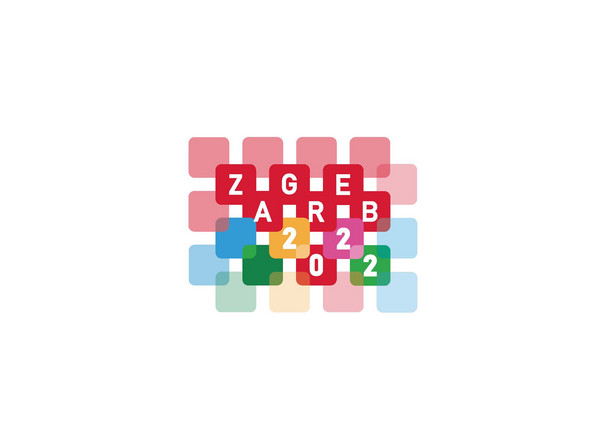The future of the Right to Work: What role for the Social Economy?

The social economy can be a beacon of opportunities for people with disabilities by employing, training or supporting millions of persons with disabilities to get jobs across Europe. COVID-19 evolved the way we live and more importantly, the way we work. Understanding and discussing how these changes can provide opportunities and pose threats to inclusion of people with disabilities is essential.
We gathered together in Zagreb on 5-6 May to discuss what the future holds for people with disabilities by exploring their right to work and the vast opportunities the social economy can provide.
The conference had speakers dive into key areas of discussion where the social economy can help in creating a more inclusive job market for persons with disabilities. At the conference we discussed:
- Concrete examples of success stories of how the social economy can help persons with disabilities enjoy the right to work and employment on an equal basis to others.
- What a quality job is for persons with disabilities and what this means for the social economy.
- What skills are needed to create job opportunities in the future
- How the future of work will impact the social economy (and vice versa)
- If and how the social economy can contribute more to the implementation of Article 27 of the UN Convention on the Rights of Persons with Disabilities.
- Actions the European Union to boost labour market outcomes for persons with disabilities, including through the Social Economy Action Plan.

